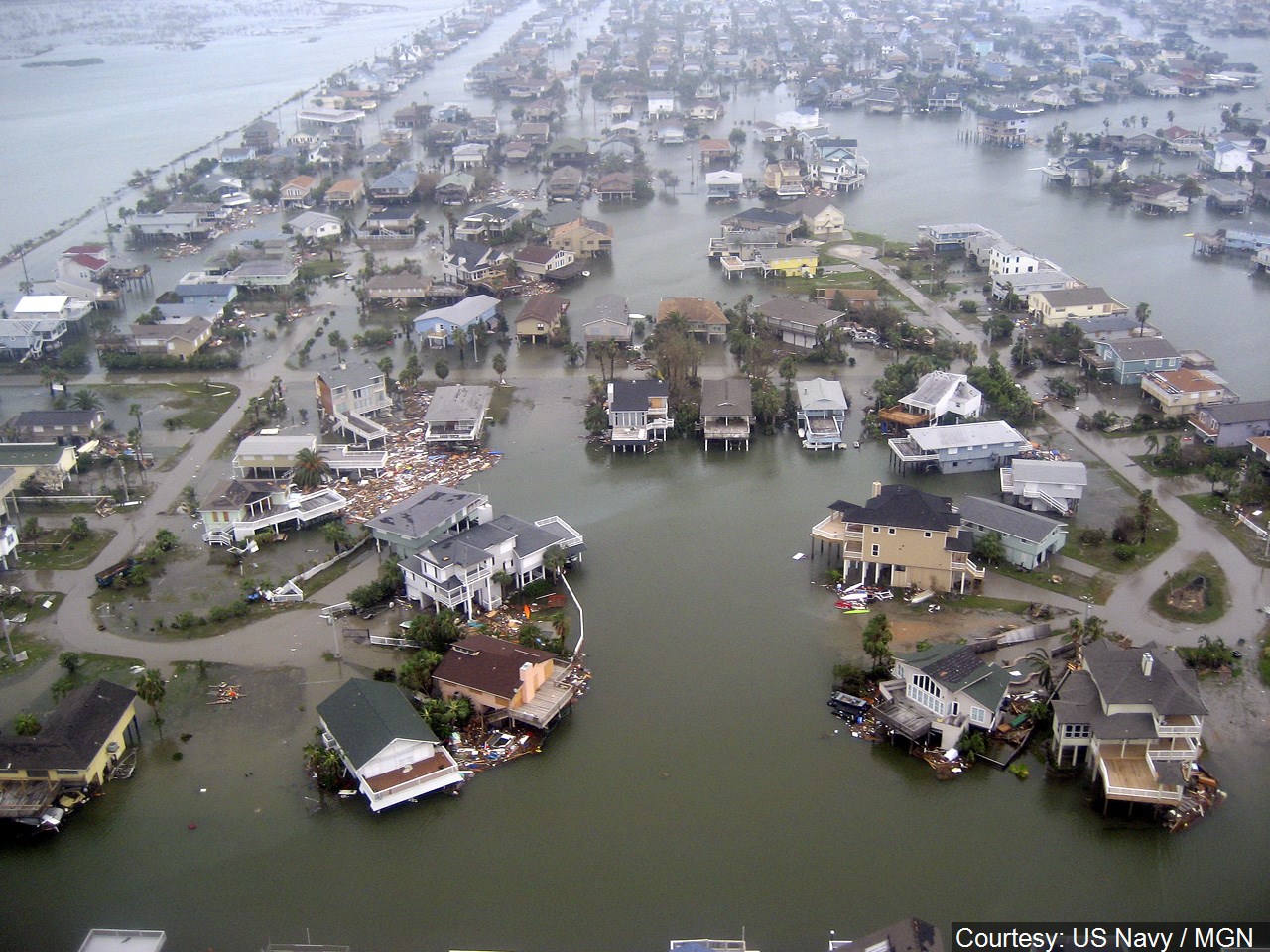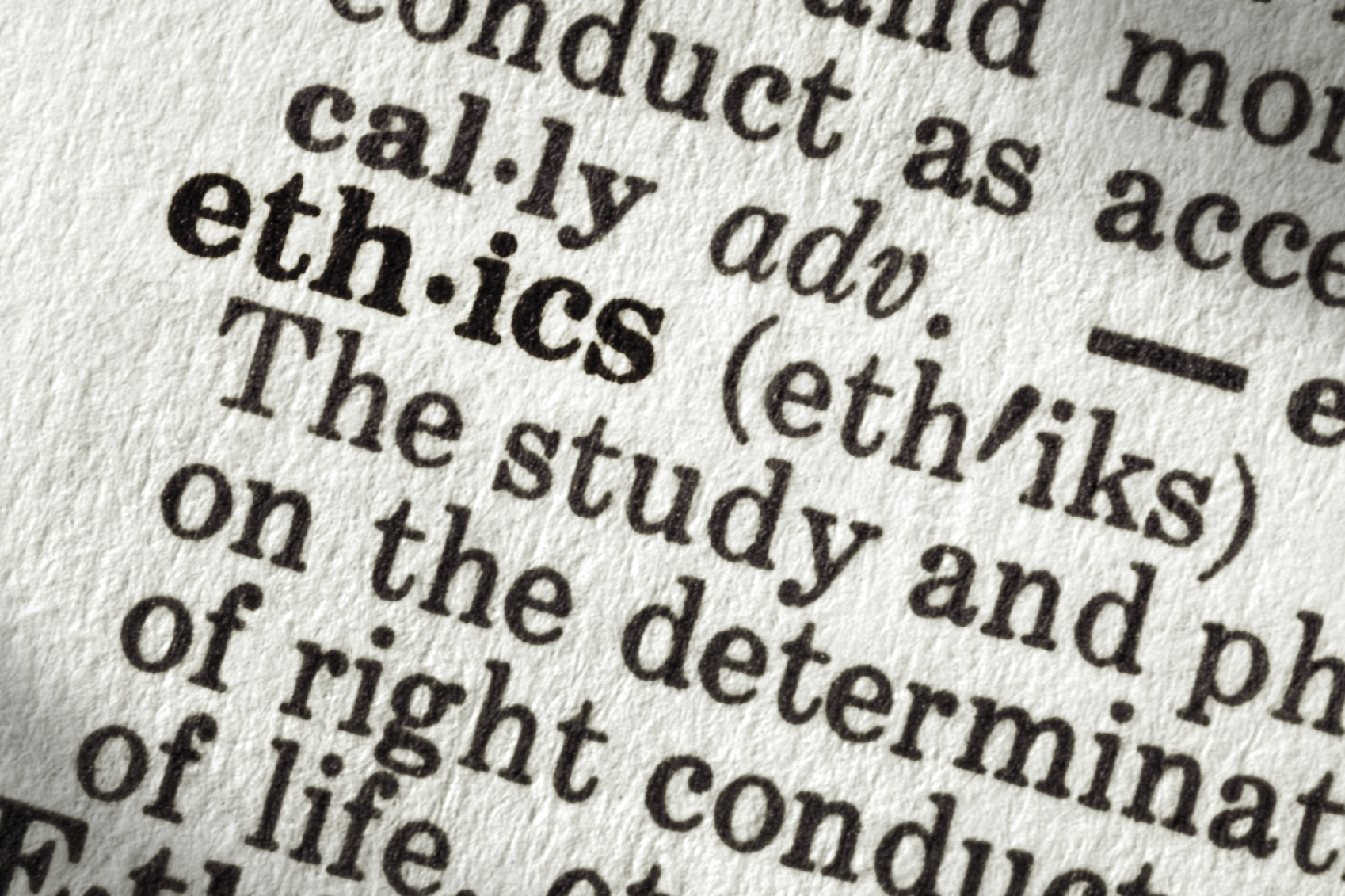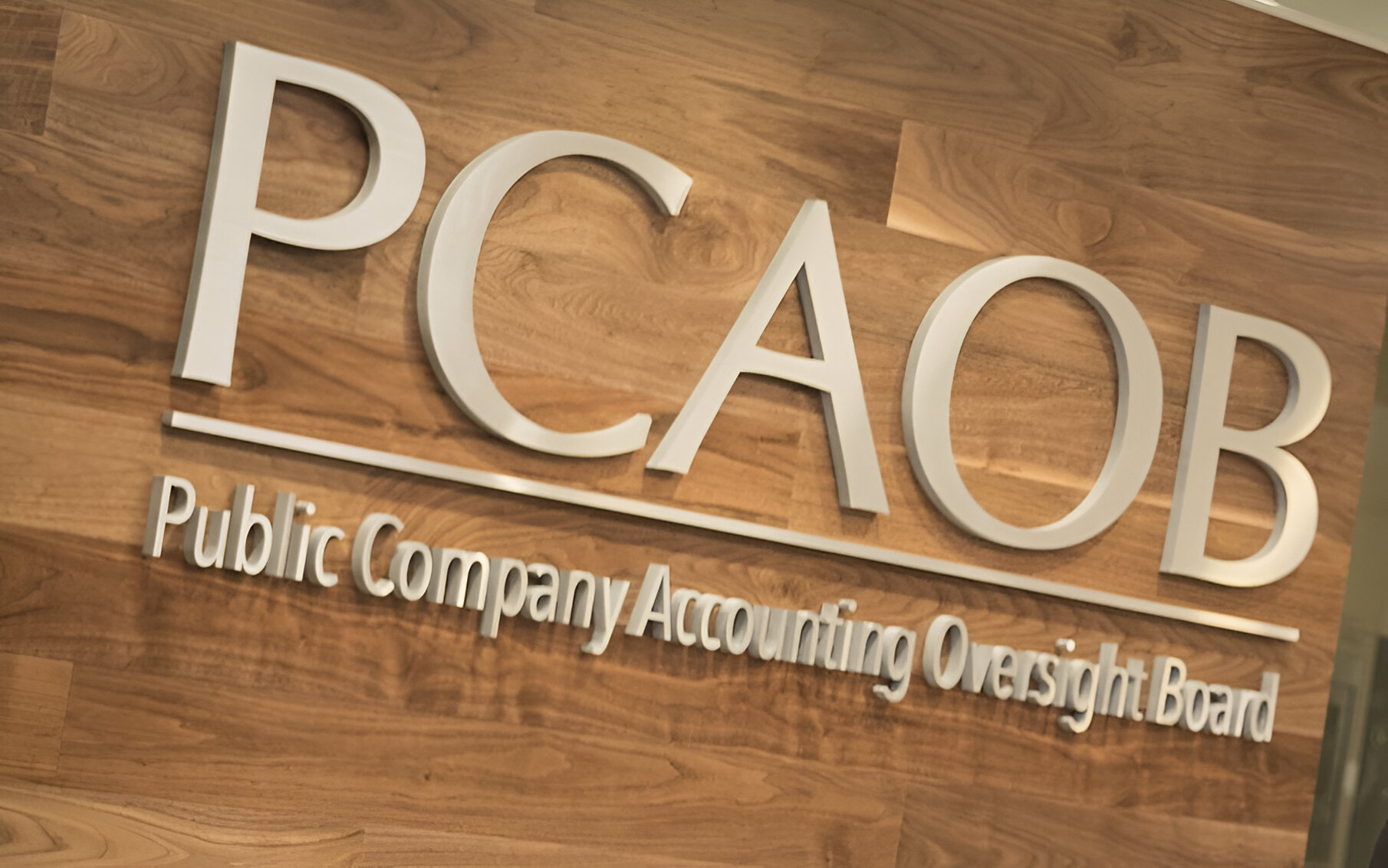I live in Florida because of the blizzard of 1974 that hit Indianapolis. I was born a Hoosier, but we moved to Orlando when I was 2 years old. Orlando is a transient city. Pretty much everyone who lives here is originally from somewhere else. I am about as close to a native as you will find here.
My first experience with a hurricane was in 1979 when Hurricane David brushed up the east coast of Florida. I saw how my parents prepared for the storm. They bought nonperishable food, water, and ice, and took cash out of the bank. We had a lot of close calls, so people didn’t really take hurricane preparation seriously, in Orlando.
But that all changed in 2004. To make up for lost time, Orlando and the state of Florida were hit with three hurricanes in a period of six weeks – Charley, Frances, and Jeanne. These hurricanes devastated Orlando and most of Florida. Today, we take hurricane preparedness seriously.
I first heard about Irma on Sept. 5, the Tuesday before it hit. The seven-day forecast had Orlando in its crosshairs. However, one thing you have to understand about hurricanes is they wobble. One direction or the other and it could miss Florida. But I had Irma in the back of my mind, so as a precaution, I got cash out of the ATM. That Thursday, it seemed almost certain that it was going to hit us. We began full preparations at home and at the office.
At home, we had cash; bought water, ice, canned food, and charcoal for the grill; gassed up all of our cars; and looked for a generator. We never found a generator, but we had everything else set. At the office, we worried about two things: the impending payroll tax deadline and corporate and partnership extensions. But after seeing the IRS extend the time for those in Houston who were affected by Hurricane Harvey, I wasn’t too concerned.
During a hurricane you are worried about three things: wind damage, water damage, and utilities interruption. We unplugged our server, covered everything at the office with plastic, and headed home late Thursday night. When we are about to be threatened by a hurricane, we close our office whenever Orange County closes its schools. The surrounding counties closed their schools on Friday, but Orange did not until Gov. Rick Scott stepped in and closed all of the schools.
On Thursday night, we sent our clients an email telling them to stay safe, that we were closed on Friday and Monday, and tentatively would open on Tuesday. Hurricane Irma hit us late Sunday night and early into Monday morning.
Like most counties in Florida, Orange County was declared a federal disaster area. Let me explain what that meant to us. At home, we lost power, got it back 18 hours later and it lasted for a few days, but lost it again. Our power is still out and will be for about two more weeks. Cellphone service is spotty. I tried to work on Monday to get a couple of returns out – with a hotspot that was extremely spotty and several charges of my iPhone and iPad, iin the car. I was able to get one return out in eight hours.
There is no food in stores, and rumor has it there is food on the other side of town, but we don’t have the gas or money to chance driving there. The banks are closed, merchant systems are out, and we are almost out of cash. No power means no ATMs.
We sustained damage to our house. The wind blew out a window, causing water damage to our kitchen and living room. We are just like everyone else, waiting for an adjuster.
Our office staff have been working remotely for the past week. We switched a majority of our programs over to a cloud-based platform, so we don’t have to rely on the office server to work.
The office got power back yesterday, but no Wi-Fi. We’re back to spotty hotspots to get work done, but at least we have a place to charge our phones, iPads, and laptops.
The city looks like a bomb went off. There is devastation everywhere, with trees cut up and large branches at everyone’s curbside.
After the hurricane, the IRS issued guidance about due dates for returns and payroll taxes. It didn’t include Orange County initially, but it was corrected and our county was added. We communicated to our clients that they had until Jan. 31, 2018, to file their returns, and payroll tax deposits were extended.
Like most tax accountants, we rely on the income from extensions to carry us to tax season. We have a ton of accounts receivable, but most clients don’t have power right now to pay us, and our reserves are dwindling. FEMA is offering very low-interest loans to small businesses, and we are in line to receive our allotment. You have to have money to pay your employees.
Most people are sending us emails, and some people have power. The metro-Orlando area has a population of 4.8 million, and 2.5 million still don’t have power.
I had two speaking engagements in Los Angeles and Chicago following the hurricane, but there was no way I could leave, and I had to cancel both trips.
To answer the question of how to run a practice in a federal disaster area, you have to be resourceful, patient, and ask clients and others to be understanding. Explain to those who are not in the area what a federal disaster area looks like. They have probably seen the news and can put two and two together.
The good news is that another hurricane is that Hurricane Maria may be headed right for us, so we will repeat the same process.
Thanks for reading CPA Practice Advisor!
Subscribe Already registered? Log In
Need more information? Read the FAQs





